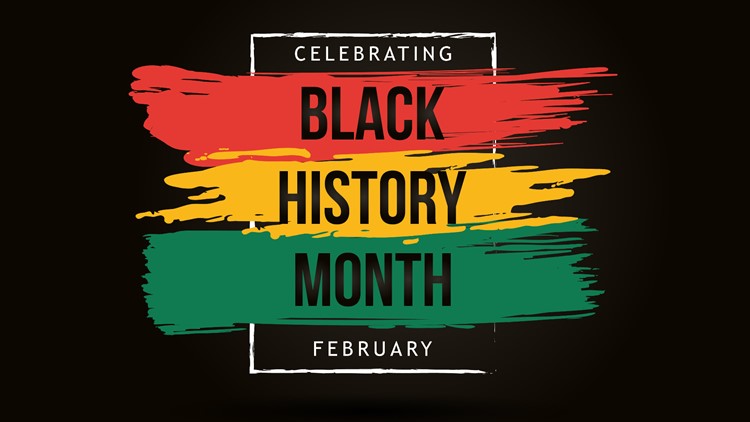Black History Month is about the past and about the future.
Throughout February, we celebrate the Black experience in America and the many contributions of African Americans to this country’s economic, cultural, technological, and moral progress. We do this by renewing our focus on the past.
We do this because, as Dr. Carter G. Woodson, whose groundbreaking research and advocacy precipitated this celebration, emphasized throughout his life: denying a people’s history and tradition is a way of making them “a negligible factor in the thought of the world.”
Dr. Woodson’s great insight was that discovering, studying, and honoring history—a history that for too long had been intentionally suppressed—was a vital step toward the greater goal of social and economic advancement in all walks of American life.
Through my work leading diversity and inclusion efforts here at Oracle, I feel even more closely connected to Dr. Woodson’s legacy. That’s partly because Dr. Woodson for many years served as Dean at Howard University, one of eight Historically Black Colleges and Universities (HBCUs) that Oracle is partnering with in several ways. These institutions educate about one-quarter of Black students who graduate with STEM degrees, and almost 30 percent of those in science and engineering doctorate programs started their educations at an HBCU.
Oracle executives sit on advisory councils at many HBCU institutions of higher learning, sharing with them insight and guidance as to curriculums that best prepare students to be highly competitive in the technology job market. We also mentor students and host leadership academies and guest lectures.
But Oracle’s support for many of those students starts even earlier—the first link in the chain of advancement is making sure kids from underrepresented and disadvantaged communities can afford to attend college. It’s through our 20-year partnership with the United Negro College Fund (UNCF) that we’re driving progress on this front.
Oracle has contributed more than $12 million to UNCF in scholarships and in-kind giving. And through this partnership, we offer two internship programs that bring African American students into different roles at Oracle, fund all their travel and housing, pay them competitive salaries, and then send them back to college with $10,000 scholarships.
Not all these talented young minds will opt for careers at Oracle once they graduate, but we try as best we can to be competitive in hiring them. At the same time, our larger recruitment efforts are geared toward attracting and hiring candidates from communities of color and other minority groups that have long had the deck stacked against them.
To that end, my D&I team closely collaborates with Oracle’s Talent Advisory Team to make sure Oracle’s comprehensive strategy looks to bring into our company the brightest minds from diverse backgrounds and cultures. That involves training recruiting staff, developing a broad pipeline of quality applicants, proper branding across our hiring portals, and implementing a model of shared accountability for meeting those goals. Our talent advisors work closely with my team to make sure there’s always a diverse pool of applicants in our hiring pipeline.
The final link in this chain of advancement is making sure that once we hire Black engineers, sales and marketing professionals, and business leaders, we ensure a welcoming and inclusive culture where everyone is enabled to achieve their professional potential and be promoted accordingly within the company.
I’m particularly proud of the Alliance of Black Leaders for Excellence (ABLE), an employee resource group created in the last year to help enrich the careers of Black employees at Oracle. There are now 15 ABLE chapters (and growing) that focus on developing Black employees for future leadership roles and partnering with the Oracle Talent Advisory Team on inclusive recruitment, retention, and community engagement. Oracle employees in this group help each other succeed and guide recent hires—some of them in their first job after graduating college—toward leadership roles down the road.
So as Black History Month honors the past, we hope we’re honoring Dr. Woodson’s vision of history showing us a brighter future by engaging at every step along the path of diversifying the tech industry, from helping promising young Black men and women afford college to preparing them while they’re here for success in tech to proactively recruiting talented graduates and then supporting their career advancement.





